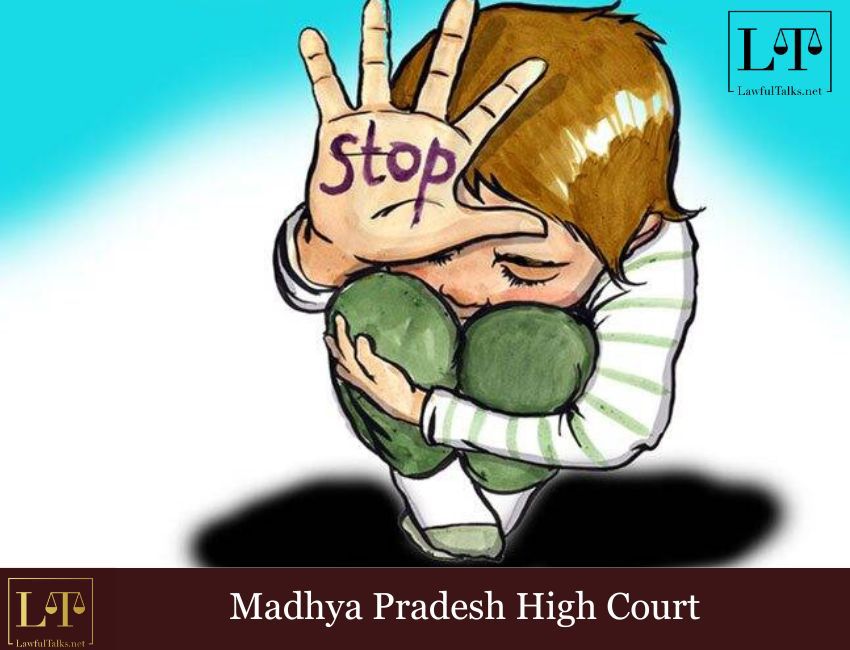Allahabad HC Sets Aside Afzal Ansari's Conviction, Allows Him to Continue as MP

The Madhya Pradesh High Court, has recently reviewed a case of a 20-year-old scheduled tribe man, convicted and sentenced to death by a trial court for raping a four-year-old girl and commuted his death sentence to life imprisonment. In its order, the court acknowledged that while the crime was undeniably brutal it lacked the degree of brutality necessary to uphold the capital sentence. The bench stated that the “appellant was uneducated and had no prior criminal record, having been forced to leave home to work at a roadside eatery (Dhaba). The bench also noted the convict's lack of education and his tribal background as mitigating circumstances.

In their judgment, the bench of Justice Vivek Agarwal and Justice Devnarayan Mishra highlighted various factors that played into their decision. The court emphasized, “No doubt that the appellant's act was brutal as he has committed rape upon the victim of four years and three months of age… but it is also clear that he has not committed brutality.”
FACTS:
The prosecution's case was that the convict had entered a nearby hut, requested a place to sleep, and later abducted the child from the vicinity. After assaulting the girl, he left her in a vulnerable state at Mango Garden of Kripal Singh in injured and unconscious condition. The victim was immediately rushed to Khandwa hospital where she was given first aid , thereafter she was rushed to Bombay Hospital, Indore. At the time of the incident, the child was four years and three months old.
During the trial, the convict was handed over a death sentence, which he later challenged. His counsel argued that the evidence relied mostly on circumstantial elements and lacked eyewitness accounts. He further contended that there was insufficient proof of any permanent disability resulting from the attack, questioning the credibility of the medical evidence presented.
However, the counsel , representing the state, strongly opposed the appeal on grounds that the prosecution had established the convict's guilt beyond reasonable doubt, stating that the severity of the crime against a minor justified the harsh penalty.
Upon review, the High Court disagreed with the trial court’s conclusion about the permanent disability endured by the victim, emphasizing insufficient medical evidence linking the incident to any long-term injuries. The court also noted that testimonies regarding the child’s condition were unclear and therefore ruled the initial finding unsupported.
While affirming the convictions under various sections of the Indian Penal Code, the court converted capital punishment to life imprisonment. In default of the fine, the appellant would serve an additional year in prison.
Case Title: Rajaram @ Rajkumar v The State Of Madhya Pradesh And Others
CRIMINAL APPEAL (CRA) 6308/2023
Advocate For Appellant: Advocate Samar Singh Rajpoot
Advocate For Respondent: Deputy Advocate General Yash Soni
Leave a Comment

Anam Sayyed
Latest Posts
Categories
- International News 19 Posts
- Supreme Court 326 Posts
- High Courts 339 Posts







































































































































































































































































































































































































































































































































































































































































































